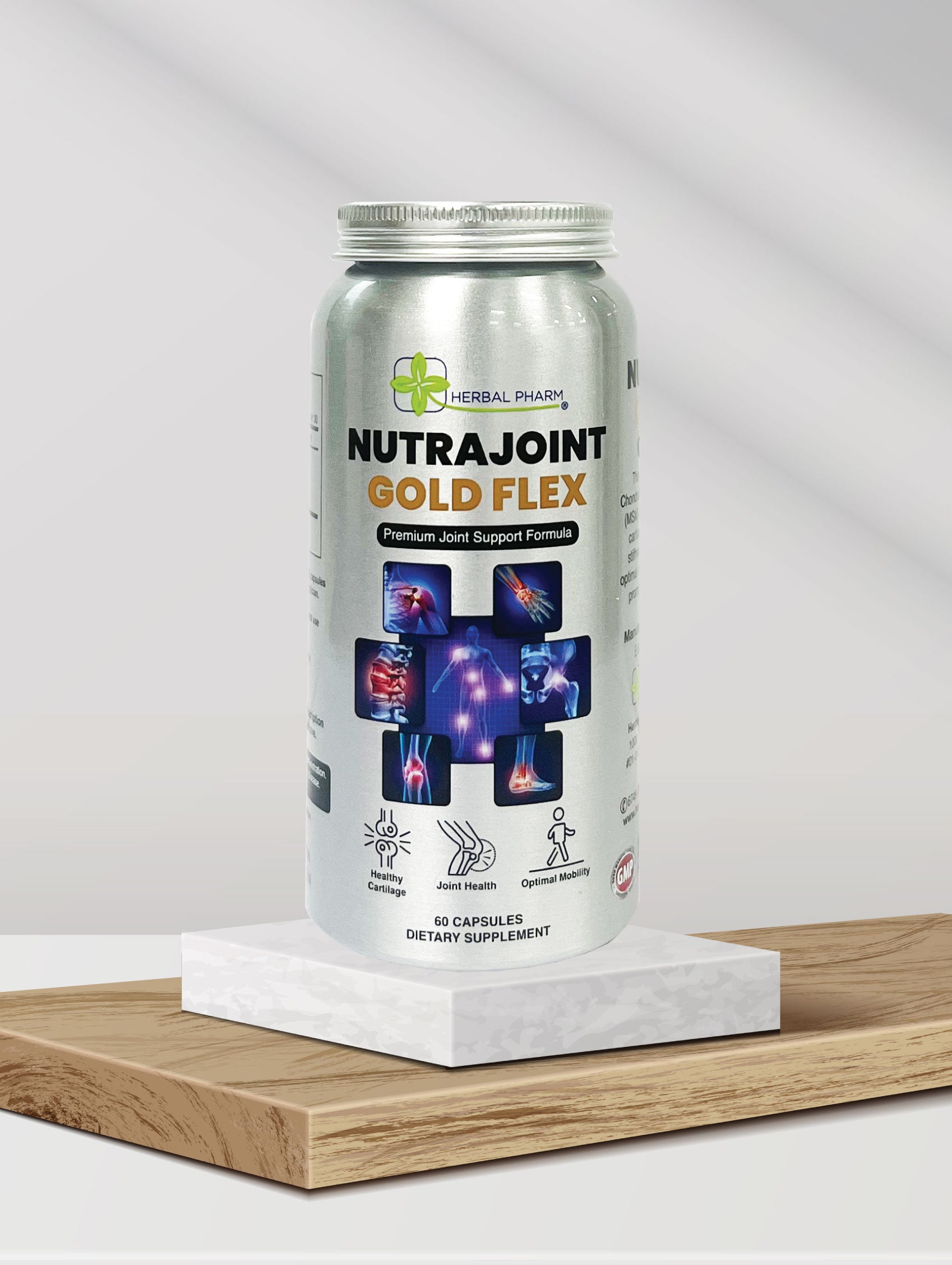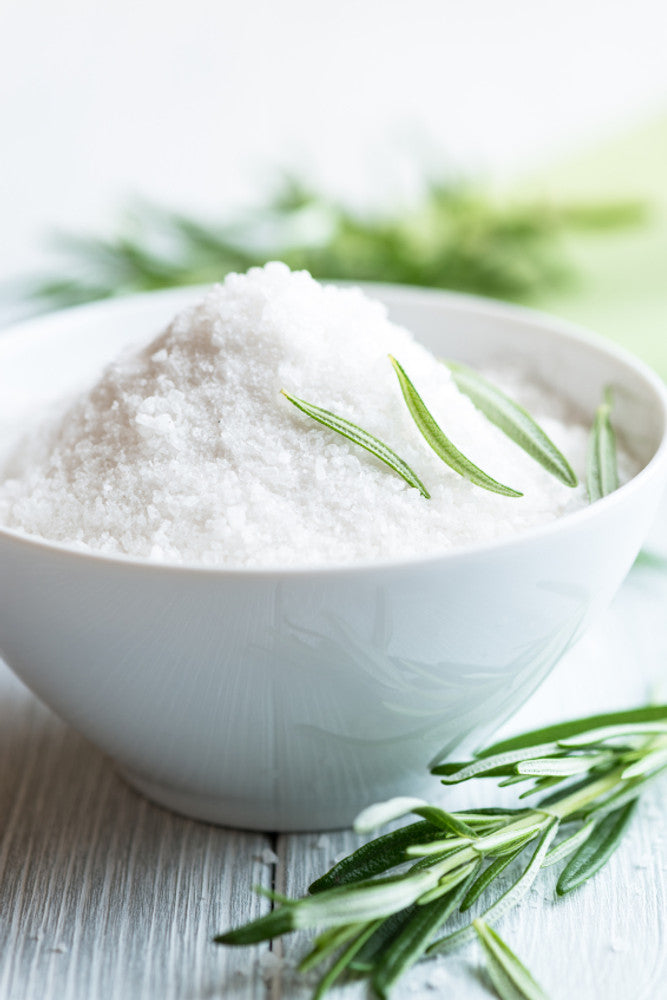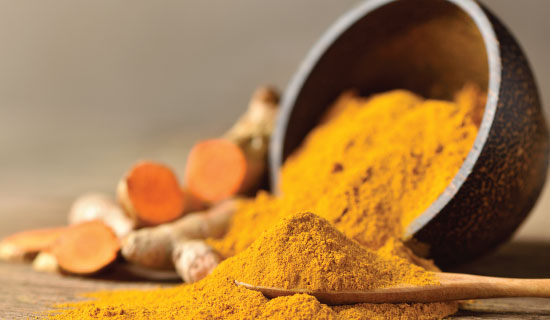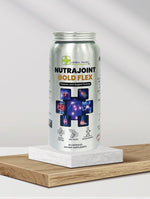
Nutrajoint Gold Flex, 60 Capsules
$53.00
Unit price perMove Freely, Live Fully with NutraJoint
Support your joints with NutraJoint — a powerful supplement crafted with glucosamine sulfate, chondroitin sulfate, MSM, and turmeric to promote joint flexibility, comfort, and mobility. Whether you're staying active or easing daily stiffness, NutraJoint helps you maintain the freedom to move with ease.
Benefits
- Joint Mobility: Supports flexibility, strength, and overall joint health.
- Cartilage Protection: Helps maintain and nourish healthy cartilage.
- Natural Anti-Inflammatory Support: Contains turmeric and MSM for added comfort.
- Daily Wellness: Ideal for active individuals and those experiencing joint discomfort.
Step into every day with stronger, healthier joints — with NutraJoint.
2 Capsules Daily - Take 1 after breakfast and dinner
*Store in a cool, dry place. Keep bottle tightly closed and out of reach of children.
Each serving (2 capsules) contains Glucosamine Sulfate 2KCl 750 mg, Chondroitin Sulfate 600 mg, M.S.M (Methyl Sulfonyl Methane) 125 mg, and Turmeric Extract (Curcuma Longa, standardized to 95% curcuminoids – root) 100 mg. Other ingredients include Veggie Capsule, Microcrystalline Cellulose, Dicalcium Phosphate, and Magnesium Stearate. Contains: Crustacean Shellfish (Shrimp or Crab Shell).
U.S.A
• Contains: Crustacean Shellfish (Shrimp or Crab Shell).
- Not recommended for pregnant or nursing women.
- Consult your healthcare professional if you are allergic to any of the ingredients or have an underlying medical condition
- For 18 years and above
BENEFITS
KEY INGREDIENTS

Glucosamine Sulfate
Glucosamine sulfate is renowned for its potential benefits in promoting joint health. It helps in the formation and repair of cartilage, the flexible tissue that cushions our joints. As we age or experience wear and tear, our bodies may produce less glucosamine naturally, which can lead to joint discomfort and stiffness.

Chondroitin Sulfate
Like glucosamine sulfate, chondroitin sulfate is a structural component of cartilage, and its supplementation is believed to help maintain and repair joint tissue. Chondroitin sulfate is thought to work by attracting water into the cartilage, providing it with necessary hydration and shock-absorbing properties.

Methyl Sulfonyl Methane (M.S.M)
MSM is rich in sulfur, a mineral essential for the formation of collagen, a key component of cartilage and connective tissues in joints. By providing the body with sulfur, MSM is believed to support the maintenance and repair of joint tissues, helping to reduce inflammation and ease joint discomfort.

Turmeric
Turmeric has gained significant attention for its potential benefits in promoting joint health. Its active compound, curcumin, is known for its strong anti-inflammatory and antioxidant properties. These properties make turmeric a popular natural remedy for managing joint pain and stiffness, especially in conditions like osteoarthritis and rheumatoid arthritis.











